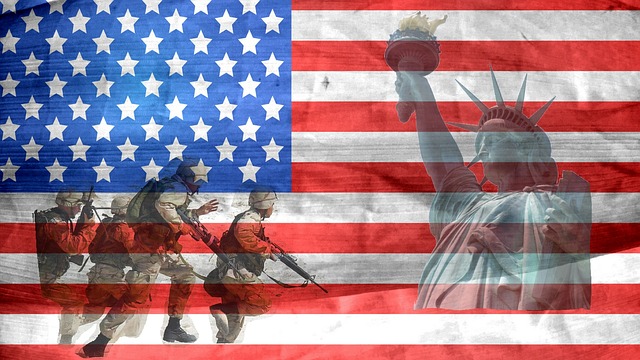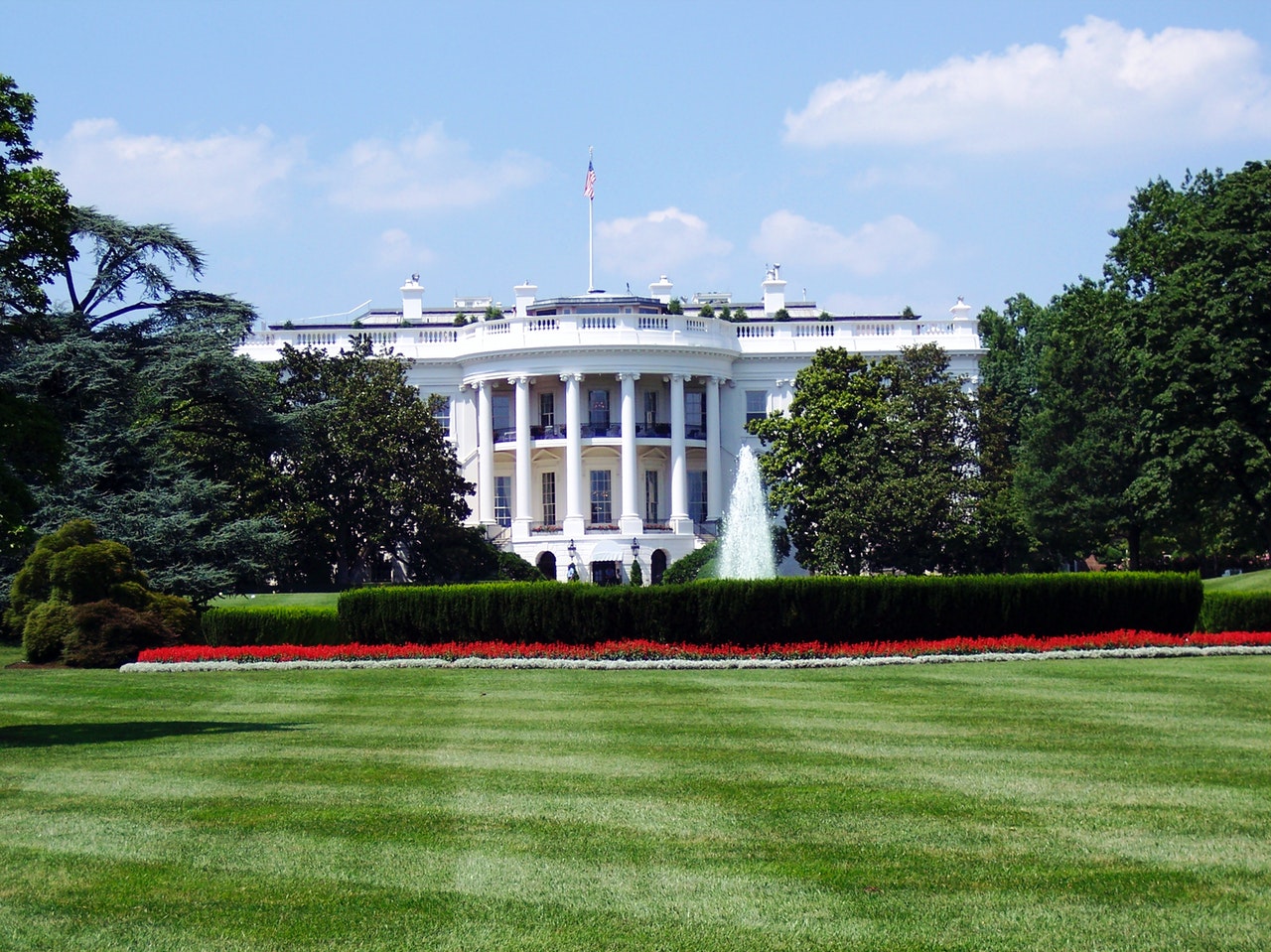How Government Deals Shape Aussie Snack Exports
 Tim Tams are more than just a beloved biscuit in Australia. They’ve become a quiet but telling example of how free trade agreements and global demand shape what a country exports to the world. From supermarket shelves in the U.S. featuring Australian food in USA to convenience stores in Southeast Asia, the reach of the Tim Tam tells a story of international trade, government negotiation, and the shifting tastes of global consumers.
Tim Tams are more than just a beloved biscuit in Australia. They’ve become a quiet but telling example of how free trade agreements and global demand shape what a country exports to the world. From supermarket shelves in the U.S. featuring Australian food in USA to convenience stores in Southeast Asia, the reach of the Tim Tam tells a story of international trade, government negotiation, and the shifting tastes of global consumers.
Free Trade Agreements: Opening the Door
Australia has long relied on free trade agreements (FTAs) to help local producers tap into international markets. For brands like Arnott’s, the maker of Tim Tams, these agreements have reduced tariffs and made exporting more viable. Key deals with countries such as the United States, China, Japan, South Korea, and members of the ASEAN region have opened doors for packaged foods, including confectionery.
Take the Australia–United States Free Trade Agreement (AUSFTA) for example. Signed in 2004, this deal reduced many trade barriers and made it easier for Australian products to reach American supermarkets. Tim Tams began appearing on U.S. shelves not long after, often marketed as a premium treat with a distinct Australian identity. They became something of a novelty, an imported indulgence with a backstory.
Similar patterns followed in other regions. Although China is better known for importing Australian dairy, wine, and beef, the growing demand from the middle class for Western snacks has led to increased shelf space for products like Tim Tams, especially in urban supermarkets.
Global Demand: A Sweet Spot in the Market
The appeal of Tim Tams abroad isn’t just about trade policy. It’s also about global consumer trends. There’s a growing appetite for imported snacks, especially those with an origin story. Tim Tams fit the bill. They’re sweet and indulgent, but they also come with a distinct cultural identity that marketers can package alongside the product.
In places like Indonesia and Singapore, where there’s a strong middle-class population and a taste for imported goods, Tim Tams have found a loyal following. They’re often seen as a step up from local options, something you might give as a gift or bring to a gathering. In Japan, a market that values novelty and limited-edition flavors, Arnott’s has even released special Tim Tam varieties to appeal to local tastes, including matcha and strawberry.
Meanwhile, in Western markets like the United Kingdom and Canada, Tim Tams capitalize on the nostalgia and curiosity of expats and foodies seeking something different from local brands. They’ve become a small but meaningful part of Australia’s broader cultural exports, where tourism, lifestyle, and food reinforce each other.
Challenges Behind the Scenes
But the global snack trade isn’t always smooth sailing. While free trade agreements remove many hurdles, exporters still face practical and regulatory challenges. Packaging requirements, food safety standards, and labeling laws vary from country to country. For a snack like Tim Tams, these differences can affect everything from shelf life to marketing language.
There’s also stiff competition. The global biscuit market is crowded, with well-established brands from Europe and North America often dominating shelf space. To stand out, Arnott’s has leveraged its Australian-made identity, employing marketing strategies that emphasize the biscuit’s origin and quality.
Then there’s the issue of pricing. Tim Tams often carry a premium price tag overseas, sometimes double or triple what Australians pay at home. While this supports the image of a high-quality import, it can also limit broader market access. In some countries, imported snacks are taxed or priced beyond the reach of everyday consumers.
The Role of Government Support
Beyond trade agreements, the Australian government supports food exporters through agencies such as Austrade. These organizations help companies like Arnott’s understand overseas markets, meet regulatory requirements, and connect with distributors. Trade missions, food expos, and bilateral meetings all create chances to promote Australian products, including snacks.
In recent years, Australian trade policy has also emphasized branding the country’s exports as clean, sustainable, and of high quality. While this narrative often highlights meat and wine, it also benefits the broader food industry. Tim Tams, as a packaged food with a long shelf life, are well-positioned to support that story.
Where It’s Headed
The Tim Tam’s journey from Aussie pantries to international aisles reflects more than good marketing. It’s the result of long-term trade policy, changing consumer habits, and national branding. As new agreements are signed, such as the Australia–United Kingdom Free Trade Agreement and deals with India or the European Union, more doors may open.
Still, with rising global tensions and ongoing supply chain issues, the future of snack exports won’t be without challenges. Exporting food is a complex business, and companies like Arnott’s will need to stay flexible to keep growing.
However, the quiet success of the Tim Tam serves as a reminder. Trade policy doesn’t just impact big-ticket items; it also affects smaller ones. Sometimes, it’s the little things — like a chocolate biscuit — that show how global trade really works.

 Skip hire might not seem like the most glamorous industry,
Skip hire might not seem like the most glamorous industry,  Nangs, or cream chargers, are small canisters filled with nitrous oxide (N2O), typically used for whipping cream. Their growing popularity has raised concerns about misuse, prompting government action. Here’s how authorities are promoting safe use and responsible practices:
Nangs, or cream chargers, are small canisters filled with nitrous oxide (N2O), typically used for whipping cream. Their growing popularity has raised concerns about misuse, prompting government action. Here’s how authorities are promoting safe use and responsible practices: Governments have recognized the influential role of religion in shaping public opinion and values. Religious institutions can serve as a moral compass for citizens, providing a shared moral framework that can shape political and social decisions. Partnering with churches can benefit governments in many ways, as it can help create a sense of unity, shape public opinion, and promote religious freedom. Learn more about spiritual and religious beliefs from churchofcypruseu.
Governments have recognized the influential role of religion in shaping public opinion and values. Religious institutions can serve as a moral compass for citizens, providing a shared moral framework that can shape political and social decisions. Partnering with churches can benefit governments in many ways, as it can help create a sense of unity, shape public opinion, and promote religious freedom. Learn more about spiritual and religious beliefs from churchofcypruseu. 


 There are huge changes and problems happening all over the world, like climate change and changes in political and economic power. To be direct, our world is changing quickly. And organizations need to learn how to change with the times. These big trends show how business operations are changing to fit our world, which is changing quickly.
There are huge changes and problems happening all over the world, like climate change and changes in political and economic power. To be direct, our world is changing quickly. And organizations need to learn how to change with the times. These big trends show how business operations are changing to fit our world, which is changing quickly.
 When you decide where to hire a roofing company, there are several factors that you need to consider. These are the characteristics of the best roofing contractor company like Ocala roofing company.
When you decide where to hire a roofing company, there are several factors that you need to consider. These are the characteristics of the best roofing contractor company like Ocala roofing company.



 In the days of antiquity, being within the cavalry was a privilege specifically reserved for those that ranked higher within the social order than the people. Those that were too young, too inexperienced, or too poor to possess a horse, usually ended up in a very variety of combat units specifically named for them: the infantry.
In the days of antiquity, being within the cavalry was a privilege specifically reserved for those that ranked higher within the social order than the people. Those that were too young, too inexperienced, or too poor to possess a horse, usually ended up in a very variety of combat units specifically named for them: the infantry.




 Taxes take many forms, too. after you work on employment to create money, you pay income taxes. Guessing on what proportion of money you create, a specific percentage (part) of the cash you create is withheld (kept out of your paycheck and sent to the government).
Taxes take many forms, too. after you work on employment to create money, you pay income taxes. Guessing on what proportion of money you create, a specific percentage (part) of the cash you create is withheld (kept out of your paycheck and sent to the government). Amidst historic wildfires and a world pandemic, virtual worlds hold a direct appeal. Yet, lot of parents fear that video games pose risks of their own—that these enticing digital ecosystems may interfere with children’s physical, emotional, and cognitive development. Check download pc games gs2us to know more about games. Institute of Digital Media and Child Development made a gaggle of the world’s leading researchers, psychologists, former gamers, and educators to debate the newest research on this favorite adolescent pastime and develop these practical tips for folks.
Amidst historic wildfires and a world pandemic, virtual worlds hold a direct appeal. Yet, lot of parents fear that video games pose risks of their own—that these enticing digital ecosystems may interfere with children’s physical, emotional, and cognitive development. Check download pc games gs2us to know more about games. Institute of Digital Media and Child Development made a gaggle of the world’s leading researchers, psychologists, former gamers, and educators to debate the newest research on this favorite adolescent pastime and develop these practical tips for folks.



